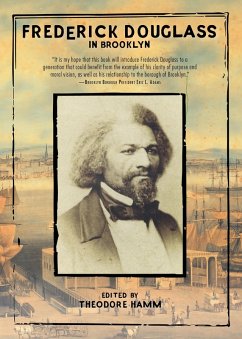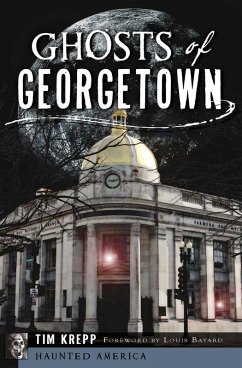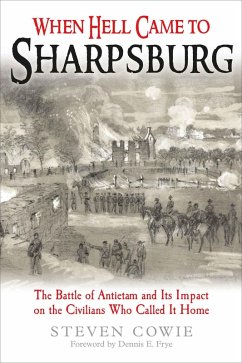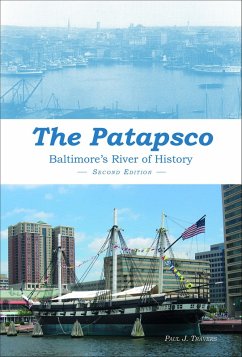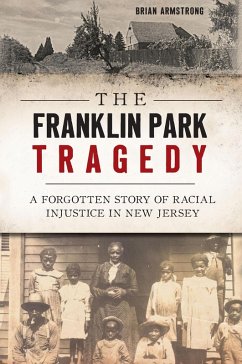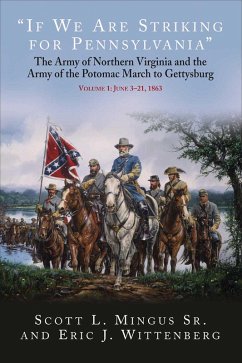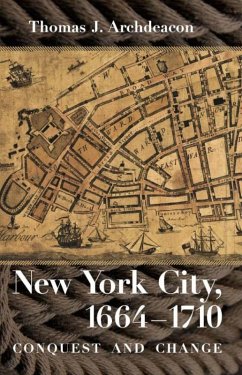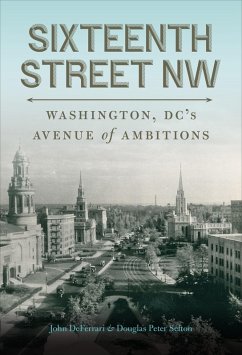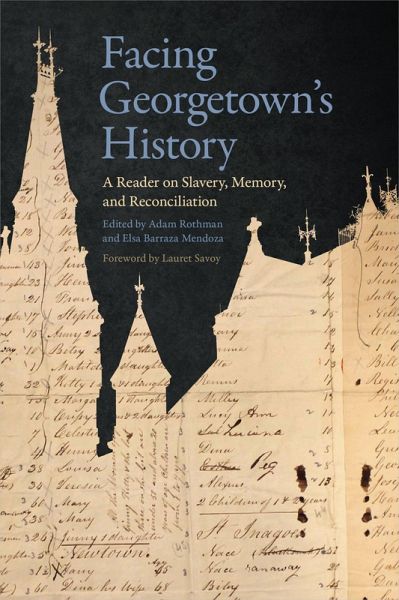
Facing Georgetown's History (eBook, ePUB)
A Reader on Slavery, Memory, and Reconciliation
Redaktion: Rothman, Adam; Mendoza, Elsa Barraza
Versandkostenfrei!
Sofort per Download lieferbar
22,95 €
inkl. MwSt.
Weitere Ausgaben:

PAYBACK Punkte
11 °P sammeln!
These essays, articles, and documents introduce readers to the history of Georgetown University's involvement in slavery and recent efforts to confront its troubling past. It traces Georgetown's Slavery, Memory, and Reconciliation Initiative and the role of universitiesuniquely situated to conduct that reckoning through research, teaching, and modeling thoughtful discussionin this movement.
Dieser Download kann aus rechtlichen Gründen nur mit Rechnungsadresse in A, D ausgeliefert werden.





